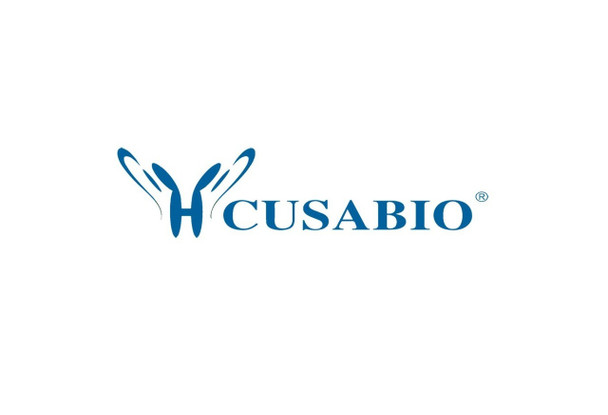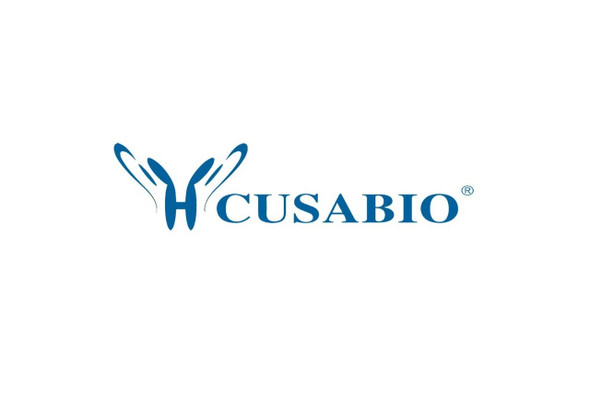Cusabio Polyclonal Antibodies
SGK1 Antibody | CSB-PA021189KA01HU
- SKU:
- CSB-PA021189KA01HU
- Availability:
- 3 to 7 Working Days
- Size:
- 100ul (100ug)
Description
SGK1 Antibody | CSB-PA021189KA01HU | Cusabio
SGK1 Antibody is Available at Gentaur Genprice with the fastest delivery.
Online Order Payment is possible or send quotation to info@gentaur.com.
Product Type: Polyclonal Antibody
Target Names: SGK1
Aliases: SGK; SGK1
Background: Serum and glucocorticoid-inducible kinase (SGK) is a serine/threonine kinase closely related to Akt. SGK is rapidly induced in response to a variety of stimuli, including serum, glucocorticoid, follicle stimulating hormone, osmotic shock, and mineralocorticoids. SGK activation can be accomplished via HGF PI3K-dependent pathways and by integrin-mediated PI3K-independent pathways. Induction and activation of SGK has been implicated in activating the modulation of anti-apoptotic and cell cycle regulation. SGK also plays an important role in activating certain potassium, sodium, and chloride channels, suggesting its involvement in the regulation of processes such as cell survival, neuronal excitability, and renal sodium excretion. SGK is negatively regulated by ubiquitination and proteasome degradation.The MAP kinase family member BMK1 interacts with and activates SGK by phosphorylation at serine 78.
Isotype: IgG
Conjugate: Non-conjugated
Clonality: Polyclonal
Uniport ID: O00141
Host Species: Rabbit
Species Reactivity: Human, Mouse, Rat
Immunogen: Recombinant protein of human SGK1
Immunogen Species: Human
Applications: ELISA, WB, IHC
Tested Applications: ELISA, WB, IHC;WB:1:500-1:2000, IHC:1:50-1:200
Purification Method: Affinity purification
Dilution Ratio1: ELISA:1:2000-1:10000
Dilution Ratio2: WB:1:500-1:2000
Dilution Ratio3: IHC:1:50-1:200
Dilution Ratio4:
Dilution Ratio5:
Dilution Ratio6:
Buffer: Buffer: PBS with 0.02% sodium azide, 50% glycerol, pH7.3.
Form: liquid
Storage: Upon receipt, store at -20°C or -80°C. Avoid repeated freeze.
Initial Research Areas: Signal Transduction
Research Areas: Developmental biology;Signal transduction;Stem cells






